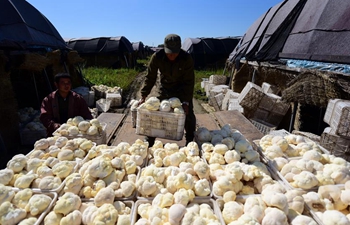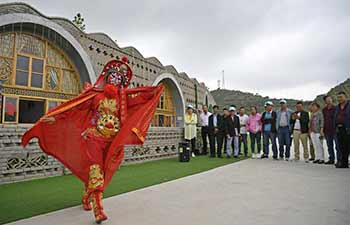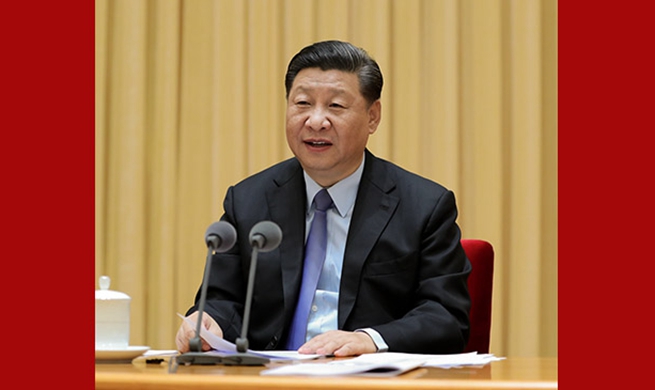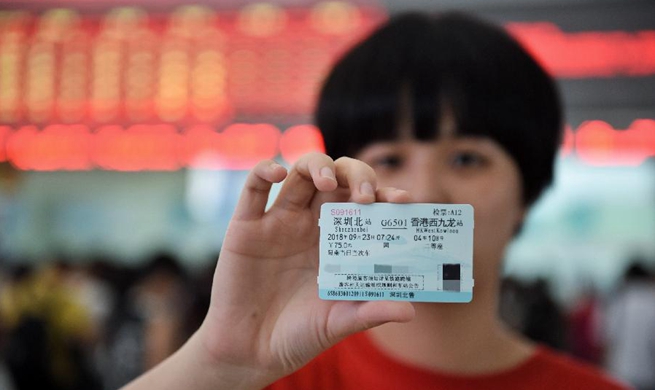SANTIAGO, Sept. 10 (Xinhua) -- Women face more barriers in accessing the financial system and do not enjoy the same benefits and rights as their male counterparts, said the head of the United Nations Economic Commission for Latin America and the Caribbean (ECLAC) on Monday.
"In order to make progress toward an inclusive financial system that works to eliminate gender inequality, it's necessary to rely on data that is disaggregated by sex, and in this manner break the statistical silence that affects women," Alicia Barcena said a presentation entitled "Gender in the Financial System."
Barcena, along with Isabel Pla, Chile's Minister of Women and Gender Equality, led the start of the 17th Report of the Superintendency of Banks and Financial Institutions.
Barcena called on those present to "transform data on information, information on knowledge, and knowledge in political decisions," as a means of establishing the Montevideo Strategy for Implementation of the Regional Gender Agenda within the Sustainable Development Framework by 2030.
For her part, Pla said, "the Chilean woman is subject to unequal treatment" because she "faces obstacles when it comes to employment, salary, pensions, health, education and increased vulnerability in the face of violence."
The discrimination also faces her when she is seeking financial help.
The most recent National Socioeconomic Characterization Survey showed that 6 out of every 10 persons living in poverty are women. And that 6 out of 10 Chileans who do not have their own income are women.
Barcena highlighted Chile's commitment to include women in the financial system.
She added that "today we are faced with an uncertain and complicated international context that includes urgent commercial and geopolitical conflicts and a growing global financial volatility."
"The macroeconomic politics should be sensitive to gender inequalities given that women end up cushioning economic shocks in periods of crisis, instability or recession, especially in terms of added work that is not compensated," Barcena said.
According to ECLAC, the rate of participation in the workforce among women in Latin America is at 52 percent (for men it's 76.6 percent). Unemployment among women is 10.7 percent compared with 7.6 percent for men.
In addition, 51.4 percent of women in domestic jobs or are independent workers earning low pay while working long hours.
When it comes to pay, women earn 16.1 percent less than men in the same job.

















